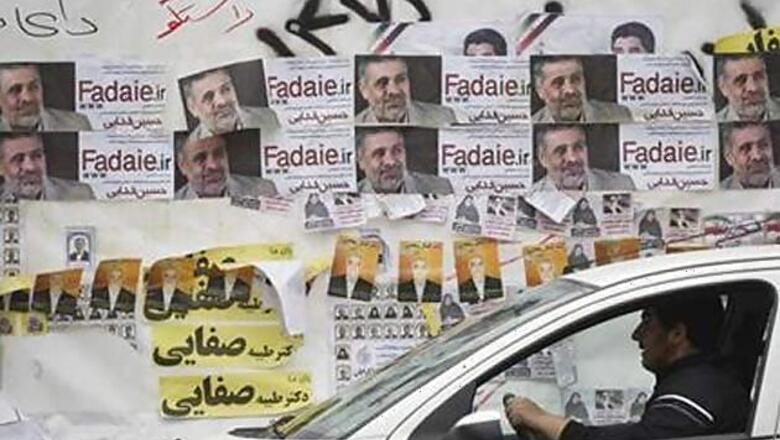
views
Tehran: Iran's ruling political and religious hardliners will face off in a parliamentary election on Friday, echoing a deepening rift in a conservative establishment grappling with economic sanctions over the country's disputed nuclear programme.
The election will by the first since the country's disputed presidential election in 2009, when bloody opposition and pro-democracy protests were stamped out by security forces.
This time round, reformist groups have said they will boycott voting, setting the stage for a straight contest between backers of Iran's most powerful figure and religious authority Supreme Leader Ayatollah Ali Khamenei and populist President Mahmoud Ahmadinejad.
The vote will set the balance of power ahead of the next presidential poll, scheduled for 2013.
Campaigners for both sides have been calling for a high turnout to show the country's legitimacy in the face of growing international isolation and the threat of an attack by Israel, provoked by Iran's nuclear work.
"The Iranian nation will slap the arrogant powers in the face harder than ever by its high turnout," Khamenei told a gathering on Wednesday.
"We should resist and make the enemies more envious of our will and to let them understand that they cannot confront us."
The West fears Iran is working on developing a nuclear bomb, but Tehran says the programme is for electricity generation and other peaceful purposes.
The two main hardline groups that are competing for the 290-seat parliament are the United Front of Principlists, which includes Khamenei loyalists, and the Resistance Front that backs Ahmadinejad.
The political rift between the two leaders started when Ahmadinejad tried to supersede Khamenei in Iran's complex political hierarchy, in which the Supreme Leader holds the ultimate authority.
Analysts have said Ahmadinejad and his allies have been trying to undermine the central role of the clergy in politics by emphasising nationalist themes of Iranian history and culture in their speeches.
Economy an issue
Ahmadinejad, the son of a blacksmith, still enjoys the support of many in Iran's poorer communities, largely thanks to his humble image and regular cash handouts.
But his popularity has been dented by the country's economic crisis, a central issue in the election.
Western sanctions aimed at forcing Iran to halt its sensitive nuclear work have started to hurt energy and food imports.
The price of staple goods has spiralled because of the falling value of the Iranian currency and the fresh European Union and U.S. sanctions on Iran's financial and oil sectors.
Critics have accused Ahmadinejad of making things worse for ordinary Iranians, saying his decision to replace food and fuel subsidies with direct monthly payments since 2010, has fuelled inflation, officially running at around 21 percent.
Khamenei will be looking to use the vote to reestablish his hold on power, that was dented by Ahmadinejad's presidential win in 2009.
The Supreme Leader's campaign got a boost when powerful establishment groups - including influential clerics, the elite Revolutionary Guards and powerful Bazaar merchants - formed an alliance to back his loyalists.
The Guardian Council, made up of six clerics and six jurists who vet candidates, has approved 3,467 individuals out of more than 5,382 who initially applied to run in the poll.
Some politicians said that the hardline council barred many established Ahmadinejad supporters, forcing him to pick younger political unknowns.
Khamenei, who initially endorsed Ahmadinejad's 2009 re-election, publicly distanced himself from the president in April by reinstating the sacked intelligence minister.
In the past months, dozens of Ahmadinejad allies have been detained or dismissed from their posts for being linked to a "deviant current" that his rivals say aims to sideline clerics. Ahmadinejad's media adviser has been sentenced to one year in jail for insulting Khamenei.
Reformists did not send in list of candidates, saying the basic needs of a "free and fair" vote have not been fulfilled.
Major pro-reform political parties have been banned and leading reformists have either been jailed or banned from political activities since the 2009 election, which the opposition says was rigged.
Opposition leaders Mirhossein Mousavi and Mehdi Karoubi, defeated in 2009 vote, have been under house arrest for more than a year.













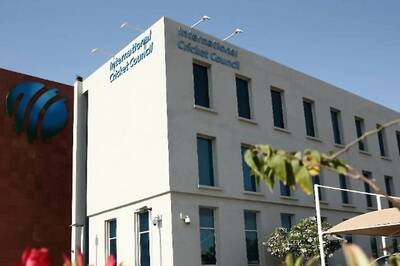

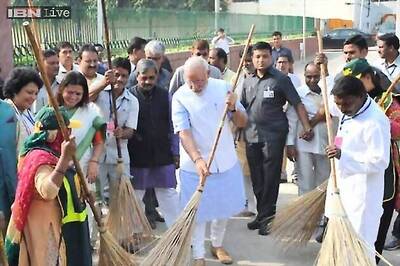


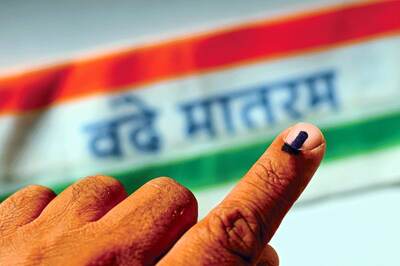
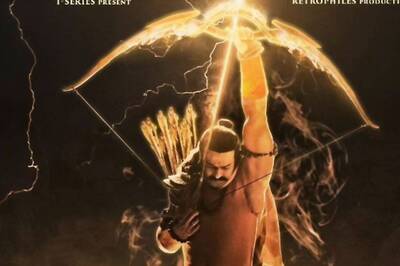
Comments
0 comment